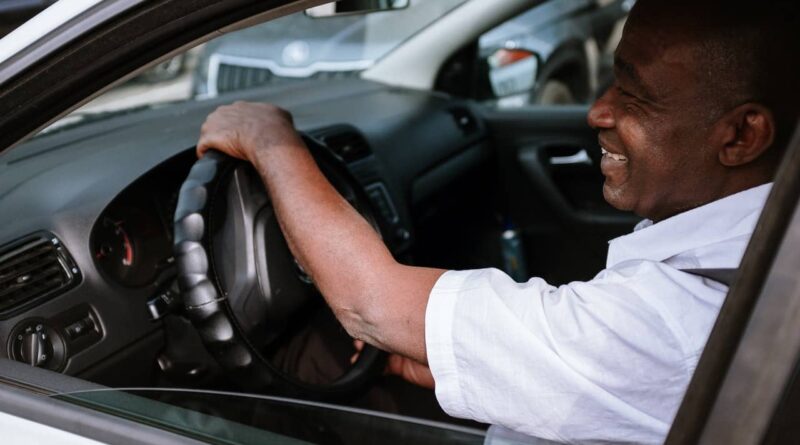All You Need To Know About Motor Insurance
Motor insurance is a critical and often underestimated aspect of driving. It plays a pivotal role in safeguarding both drivers and other road users. As Uganda experiences an unprecedented surge in the number of vehicles, the significance of having reliable motor insurance cannot be emphasized enough. In this comprehensive guide, we will explore the different types of motor insurance coverage, its benefits, and what to do in the event of a motor accident.
What are the different types of motor insurance covers?
When it comes to motor insurance, it’s essential to understand the various types of coverage available. Let’s take a closer look at the options;
- Motor Third party: this cover protects you against third party losses including death and bodily injury of the other party. Motor third-party insurance is relatively affordable and mandatory by law but excludes government-owned cars.
- Accident Fire and Theft Cover: this type of motor insurance which protects you against damage to your vehicle due to accident theft and fire.
- Motor Comprehensive Cover – this type of insurance cover which protects you against the third party’s bodily injury and/or property damage as well as loss/ damage to your vehicle due to accident, fire or theft. It is customizable depending on the amount of money one is willing to pay. It is also optional and a little expensive, in comparison to third-party motor insurance.
What is Motor Third-Party insurance?
Motor Third-Party insurance was introduced by the Motor Vehicle Insurance (Third Party Risks) Act in 1989, making it compulsory for all private and commercial vehicles (excluding government-owned vehicles). The primary beneficiaries of this insurance are third parties who may suffer loss, death, or bodily injury as a result of an accident. Third parties can include pedestrians, motor vehicle passengers, and property owners involved in an accident. In this arrangement, the vehicle or motorcycle owner represents the first party, while the insurance company acts as the second party.
What To Do If You’re Involved in a Motor Accident and Have Motor Insurance?
If you are involved in a motor accident, the general rules that you need to observe are:
- Obtaining the following information related to the accident: Get the names and addresses of all drivers and passengers involved in the accident. Furthermore, get registration numbers, make and model of each vehicle involved in the accident and the names and addresses of as many witnesses as possible,
- Taking safe actions to prevent further damages and injuries such as calling the police and moving the vehicle to safe custody.
- Reporting the loss to the police within 24 hours of the accident if possible.
- Notifying your Insurance Company of the accident as soon as possible and follow this with a written notification that contains all supporting documents including Police abstract report (if ready), your Driver’s license, Driver’s statement of the accident immediately to your insurer.
Can You Claim When You’re Not A Car’s Rightful Owner?
An insurance policy is a contract between the insurance company and the policy owner (in this case is the vehicle owner). If the owner fails to report to the insurance company about the accident, the insurance company may not be able to settle a claim made by any third party as the company has no contract with the third party. But the insurance company is only responsible for handling your claim if the policy owner has requested the third party to report the accident on his/her behalf.
Does comprehensive motor policy cover all losses?
Under comprehensive policy, you will be covered for claims made by third parties for bodily injuries/death or property damage caused by your vehicle. You will also be covered for loss of or damage to your vehicle due to fire, theft or any accidental causes. This cover provides for material damage, third party cover, personal accident and medical expenses among others. However, there are some exclusions which should you need to check and know in your policy. You should also note that deaths and bodily injuries of the driver and passengers of your vehicles are not covered under your comprehensive cover.
What risks are not covered in a standard motor insurance?
Your motor insurance will not cover the following in the event that they happen:
- Your own death or bodily injury
- Damage to tyres only unless the vehicle is damaged at the same time
- Consequential loss, depreciation, wear and tear, rust and corrosion, mechanical or electronic breakdowns, equipment or computer malfunction.
- Loss or damage occurring outside the geographical area stated in the policy.
- Loss or damage caused by or due to cheating.
- Loss or damage occassioned whilst the vehicle is being driven by an unauthorized driver.
- Driving whilst under the influence of alcohol
- Loss or damage or liability caused by the vehicle being used for an unlawful purpose.

